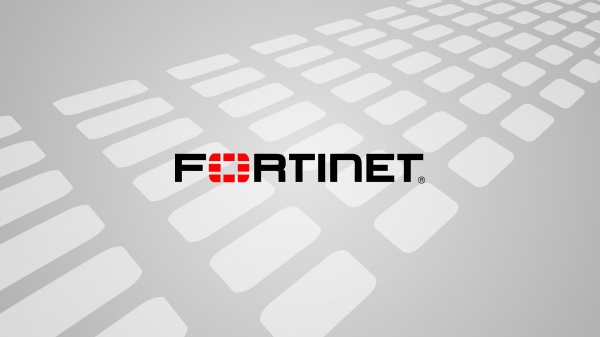Fortinet has closed four vulnerabilities in FortiWeb identified by Positive Technologies expert Andrey Medov. FortiWeb is a family of firewalls for protecting web applications.
The first vulnerability ( CVE-2020-29015 , score 6.4 on the CVSS v3.1 scale) allows blind SQL injection through the FortiWeb user interface. An unauthorized attacker could execute arbitrary SQL queries remotely by sending a request with an Authorization header containing a malicious SQL statement. To fix the problem, you need to update FortiWeb 6.3.x and 6.2.x to versions 6.3.8 and 6.2.4, respectively.
Two other vulnerabilities are related to a stack buffer overflow. Bug CVE-2020-29016 (score 6.4) could allow an unauthorized remote attacker to overwrite the contents of the stack and execute arbitrary code by sending a request with a specially crafted GET parameter certname. To fix it, you need to update FortiWeb 6.3.x and 6.2.x to versions 6.3.6 and 6.2.4, respectively. Vulnerability CVE-2020-29019 (score also 6.4) can be exploited to attack the httpd daemon via a request with a specially crafted cookie parameter. Update to 6.3.8 and 6.2.4 is required.
The fourth vulnerability ( CVE-2020-29018 , score 5.3) – format string vulnerability – allows you to read the contents of memory, obtain confidential data, execute unauthorized code or commands using the redir parameter. The attack is carried out remotely. Users should update FortiWeb 6.3.x to version 6.3.6.
The fixes were posted by Fortinet PSIRT on January 4, 2021. The developer strongly encouraged his customers to install the updates as soon as possible.
“The most dangerous among these four vulnerabilities are SQL injection (CVE-2020-29015) and buffer overflow (CVE-2020-29016),” says Andrey Medov. – Exploitation of both bugs does not require authorization. The first allows, due to the excessive privileges of the DBMS user, to get the hash of the system administrator account (which gives access to the API, and without decrypting the hash value), the second – to execute arbitrary code. The format string vulnerability (CVE-2020-29018) also potentially leads to code execution, but requires authorization to exploit it. “





